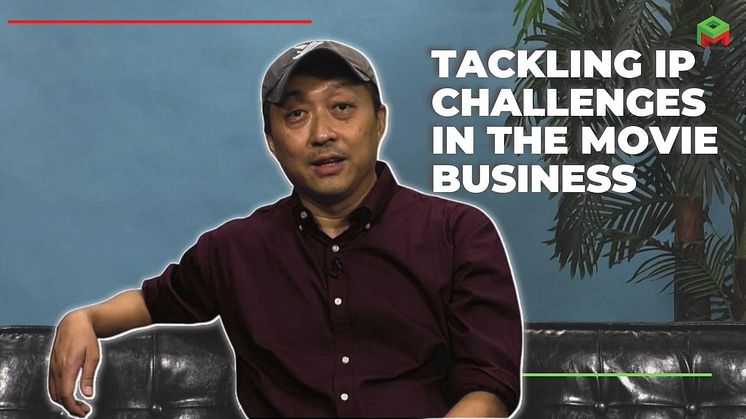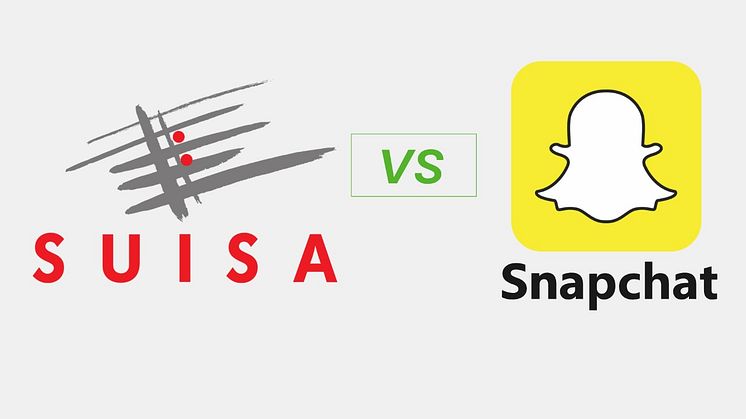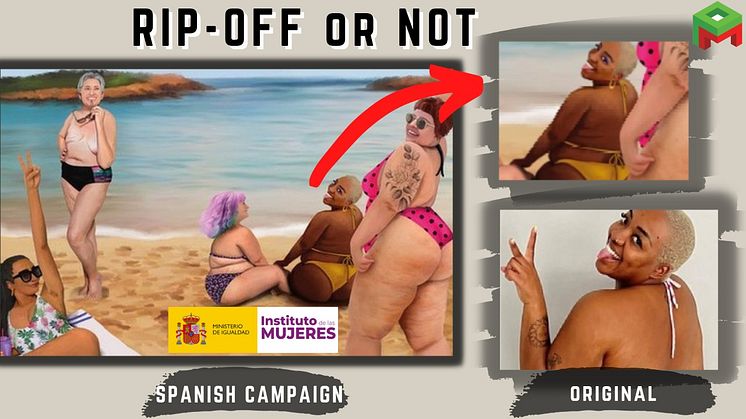
News -
Singapore association launches guide to best practices in pitching
Here’s a subject close to the hearts of all innovators whose livelihoods depend on successfully pitching their original ideas to potential clients — what are some key guidelines that can make productive working relationships more likely?
To address this issue, the Association of Advertising and Marketing Singapore (AAMS) and global marketing consultancy R3 have developed a Pitch Best Practices guide.
The big picture here is that in Singapore, and in Asia generally, the number of pitches are increasing, while pitching standards have remained inconsistent. And that’s bad news for those who pitch, as well as those who call for pitches.
In its announcement about the guide, AAMS quotes Group Chairman of ad agency Ogilvy Singapore & Malaysia Chris Riley’s pithy take on the situation: “In my experience, I have seen an extraordinary waste of time, resources, and money on poorly conceived and managed pitches. As an industry, we must come together to both demonstrate and uphold these Best Practices to ensure our credibility.”
Two key principles in this guide stood out to us. One is about recognising intellectual property. As Marketing Interactive put it in its report about the AAMS guide: “Idea theft is real. Still to date, the marketing community often sees ideas being taken from one agency and given to another at a lower cost. In the age of social, if such a campaign is identified, it can do your brand reputation more harm than good.”
Another principle in the guide is “respect cuts both ways”. The guide asserts:“Brands need to be cognizant of reputation as in our fluid economy, talent flows between agency, advertiser, media owners and technology platforms. Everyone is fighting for the same talent.”
This respect should also extend to respect for an innovator’s IP. Speaking about onerous IP-related clauses in tender documents, PitchMark’s legal advisor Frank Rittman similarly noted that “organisations with histories of dealing with vendors in an unfair manner can start to be viewed by other potential vendors with apprehension or distrust. By the same measure, organisations known for fair and reasonable behaviour garner respect within creative communities”.
Industry guidelines and a care for reputational damage are important factors in improving the pitch process, and especially in making respect for IP the norm. And we believe that services such as those offered by PitchMark, which give innovators tools for documenting their IP creation and signalling their awareness of their IP rights, are just as essential.
PitchMark helps innovators deter idea theft, so that clients get the idea but don’t take it. Visit PitchMark.net and register for free as a PitchMark member today.






